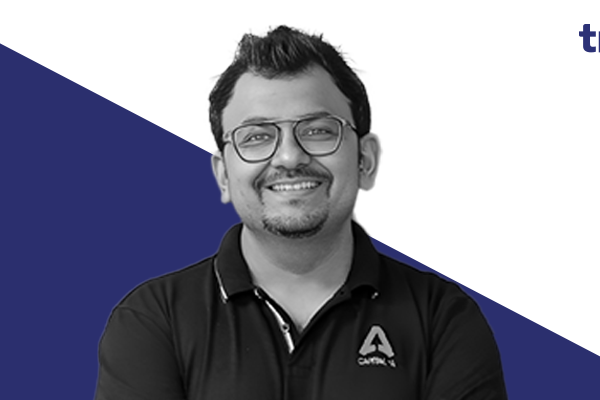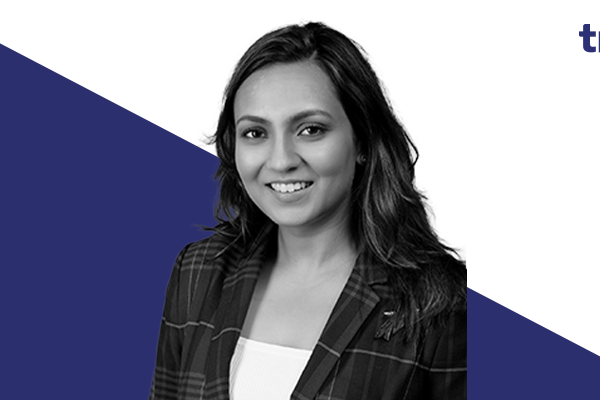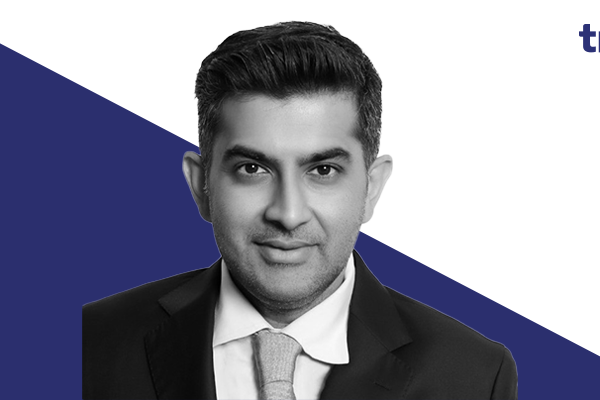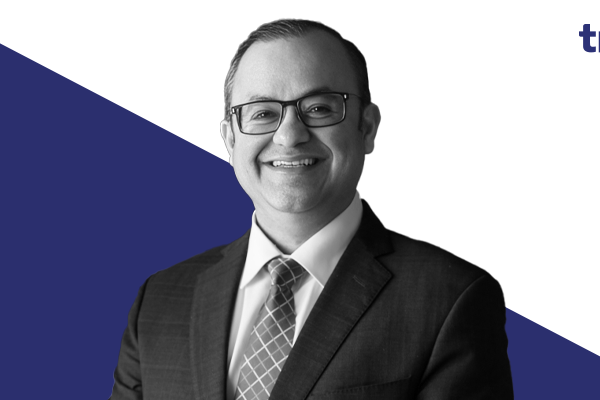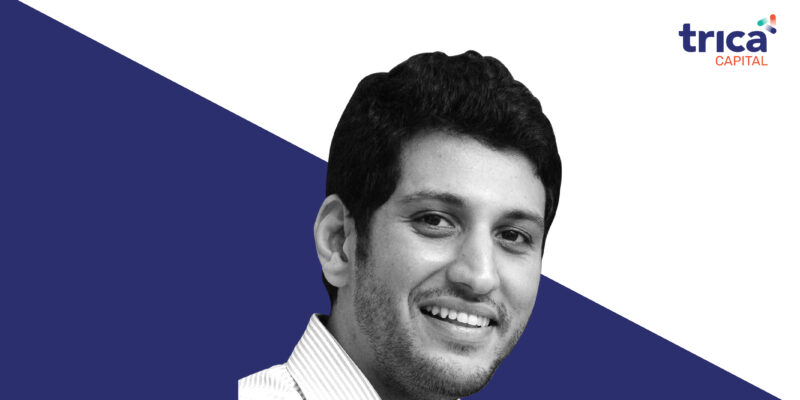
Jamshed Jeejeebhoy on why family offices need to invest in new-generation companies
With a family legacy of land ownership and philanthropy, the Jeejeebhoys have helped build Mumbai into what it is today. With India entering a new phase in its history, the family business group is now trying to do their part by contributing long term capital to new age businesses whilst keeping the foundations built on integrity, sustainability and giving back to society intact. The group’s vision is to re-align the family wealth from land assets to financial assets, and the goal is to build a professionally run family office with diverse investments. The group’s current venture portfolio consists of investments into various early stage and a few late stage B2C tech companies, B2B product companies and funds. The group prefers to work closely with fund managers and make direct investments into companies, including equity and debt
/ asset financing. We caught up with Jamshed Jeejeebhoy
Let us start with the broader outlook – from the point of view of the family office, how do you approach the private markets from an asset allocation perspective. What are the qualifiers to make this allocation?
I think it would be wrong to say that we have to look at private markets from a financial allocation or risk perspective. The primary reason that we look at private markets, and especially early stage companies, is that we
believe that in India, and globally, there is a tech-tonic shift in the way businesses are being created, built, run and of course valued. This is in line with the needs and behaviours of individuals and corporations in today’s world. If we as a family are to stay relevant in the future, then we have to be in touch with the companies of tomorrow. And these companies are being incubated today.
What guides the distribution between VC / PE funds and direct startups?
It is always our aim to eventually work directly with founders and companies, however, there is no question of the value and guidance provided by top tier funds to investors and founders alike. We aim to work with companies alongside funds, rather than seeing them as a separate channel. But of course families do have to be cognisant of fees and expenses as a leakage in the overall portfolio performance.
While every family office has its own prerogatives as far as investing and managing money is concerned – what are some of the principles that have held you in good stead?
We try to read a lot and form a view of the world around us. We try to work with the best people, and at the same time try to be good people to work with. We set as high a benchmark for diligence in our investments as a team our size is capable of. We try to understand problems from the bottom up — you could say first principles thinking. We also understand that to build a successful family office will take time, it is a marathon and not a sprint, and therefore being patient and being able to stay in the game is important. We also understand that luck can play a large part of success, but we try hard to be in the right place at the right time.
Any key learnings along the way on setting up and building the investment office?
The best learning is through experience. There are no rules to success and each journey will be necessarily different. I would say the most important thing in the early days is to stay open minded, nimble, and not be resistant to different ideas. Create a team of people who think differently and challenge each other. This will bring about the best qualities in each member of the team. With time and expertise, natural advantages will emerge upon which families can take more concentrated positions.
How important is the ESG lens for your family office?
We don’t necessarily label ESG as a focus point, but we do see these factors along with any others in assessing risk. I would hazard to say that all the private companies we work with impact society positively in some way, and we actively stay away from private and public companies with any ESG shortcomings. Having said that, I think we must do better in building a framework to quantify ESG standards for ourselves and for our investments. It is the need of the hour, globally.
Generally is there a preference for strategic investment plays versus optimising for financial returns? How does one strike a balance between the two?
This would not apply to us as much as it would to families who are running heavily operational primary businesses. In terms of our land and real estate business, we actively stay away from investments in that sector, as one of our aims is to diversify and reduce concentration in that sector.
You spoke about why direct startup investments are relevant and important, let’s now discuss the hows. There are many factors that go into evaluating startups for investments but what are your top guiding principles?
We have a market and team led approach, we must like the market opportunity (size, but as importantly, timing) and it should be a scalable idea, with an energetic founder and team, not necessarily from the domain, but who can really take us to the bottom of the problem/ opportunity. If the market has to be created by the founding team, then the founders have to appear to have the ability to raise a lot of funding to fuel their vision. Timing is very important in venture investing, as different sectors tend to go through funding cycles, so we look for tailwind sectors. We look for natural advantages in the skill sets or personalities of the team as suited to their venture.There are many other factors depending on the businesses, but one important question we also always ask is ‘from where and why the deal has come to us.’ And we have learned to never fall in love with a product! It is many times the smaller factor in building a successful business.
The other aspects to base an investment decision on are returns, risk and diligence. Do you have specific teams or criteria to measure this?
We do exit analyses for all our businesses, it is a critical tool to assess our assumptions in the future and can be used to pinpoint where our assumptions went wrong. Risk is too complicated a topic to quantify, and is very subjective. We try to form a composite view and decide whether we can tolerate the major risks for the business as against the potential rewards from the exit analysis. If the probability is that we can overcome the risks based on the founding team’s capabilities, we go ahead. We try to do as much diligence as we can upfront.
Your take on the top dollar M&A that is now taking place between India’s largest business houses and “startups”
– Reliance Jio has acquired several mid-stage startups, the Tatas have acquired category leaders like Big Basket, 1 MG at top dollar without drumming down valuations… How do you read this? What does this signal to you?
On the valuations, fantastic! It is one more proven channel for exits for well built companies, and will give another boost to entrepreneurs and investors alike.
On the operations, I am a bit sceptical. Businesses have historically failed to innovate through acquisition, there are exceptions of course. But integration with large institutions is commonly known to be challenging, from process to culture. I hope I am wrong though, and that the ecosystem develops positively. process to culture. I hope I am wrong though, and that the ecosystem develops positively.
Your thoughts on how the transition of some of our largest private companies to the public markets will pan out
Cyclical – we are in a state of heightened euphoria and FOMO! This is bound to change. But in the long term, these companies are changing the landscape in India. They will surely make up the Nifty in the future. It happened in the US, in China, it will happen in India. I cannot imagine an India without Zomato, Swiggy, Ola, Flipkart, Paytm, Policybazaar, Urban Company, to name a few consumer platforms.
Do you see the pace of exits increasing in the next decade and what impact will this have on allocation to the private market?
Unless there is a structural systemic change in India, I don’t see the pace of exits decreasing. Allocation to the private markets will only increase, and the perception of this being an alternate investment is already changing.
This will become a key part of any portfolio.



